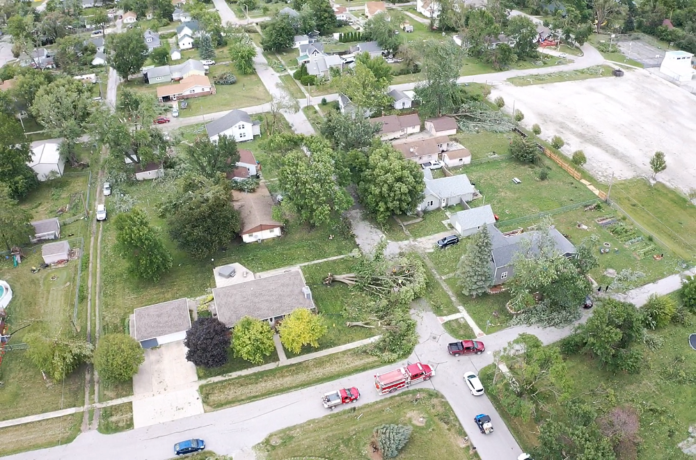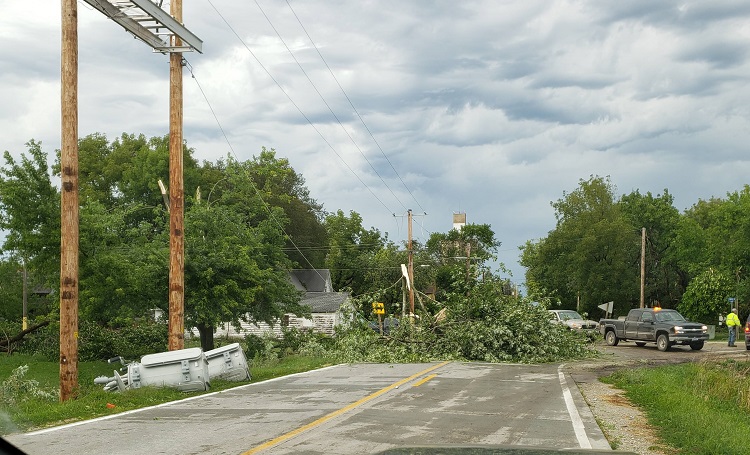

It’s been two years since the August 2020 Derecho caused havoc in Dallas County. The severe thunderstorm brought winds exceeding 80 mph that severely damaged part of the electrical power grid. This left some homes without power for a week or more.
Living a week in Iowa’s summer without power is hot and uncomfortable for everyone. For persons who are medically dependent on electric equipment, the Derecho was awful and dangerous.
Medically dependent persons use a variety of devices to stay alive and healthy. They might need ventilators, oxygen generators, CPAP devices, heart pumps and more. All this equipment needs electricity to run. While most devices have a short-term backup, they cannot keep running for several days without power.
The Derecho happened during the height of COVID-19, when medically fragile persons needed to stay distanced from others. Many families had to make hard choices about staying in a more public setting where power was available.
So how can we prepare for future electrical emergencies?
Electrical outages aren’t only caused by Derechos. Ice storms, tornados, downed trees or even a car accident can damage our electrical system. It’s possible to lose power at any time of the year.
Preparing for electrical emergencies can turn them into minor inconveniences. Here are a few ideas to help you plan for power failures and take quick action when an outage does happen:
- Have alternate plans for refrigerating medicines or using power-dependent medical devices. Contact your medical equipment provider to see what type of backup equipment they offer and how to get it.
- Ask trusted friends or family members about staying with them if you lose electricity and they still have power. Talk about what equipment you would need to move and how you would do that.
- Locate publicly accessible cooling centers or shelters.
- Keep your phone charged, or have a car charger accessible for charging.
- Keep freezers and refrigerators closed to maintain temperature as long as possible.
- Use a generator if needed, but only outdoors and away from windows.
A. J. Seely is the director of the Dallas County Emergency Management Agency.















